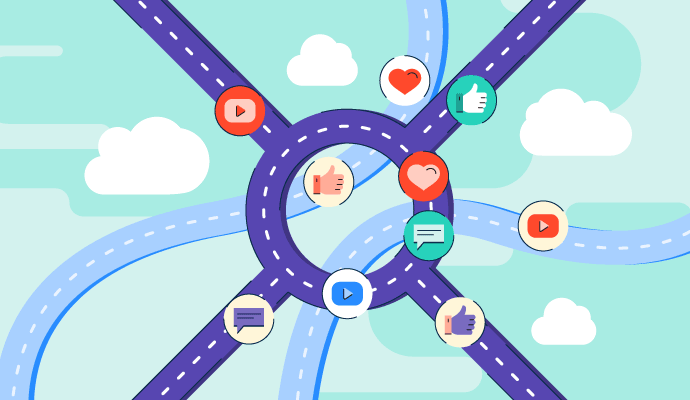What were Facebook Credits?
Facebook Credits was a virtual currency used to buy items in gaming or non-gaming applications on Facebook. The social networking platform made Facebook Credits available in 15 different currencies, including U.S. dollars, euro, pound sterling, and Danish kroner.
Facebook Credits were available from 2011 to 2013 and could be purchased through PayPal, credit card, mobile phone, or any other form of payment like physical gift cards or coupons. People on Facebook’s social networking platform used these credits to buy items in games like Farmville, developed by Zynga, and others. Zynga expected to earn $500 million in 2010 from intangible products sold on the gaming application.
Initially, people purchased one credit for $0.10, and Facebook (now Meta) took 30% of all purchases made through these credits. Before shutting down in 2013, any funds accrued by users were converted into the users' local currency.
Channels to purchase Facebook Credits
Many people purchased Facebook Credits on the Facebook platform. Outside of Facebook, there were several places people could obtain these credits:
- AppDog gave Facebook Credits in exchange for downloading applications on an Apple or Android device.
- Gift cards with Facebook Credits were sold at Target, Walmart, Best Buy, Radio Shack, GameStop, and Safeway in the US. Multiple outlets in the UK, India, and other Southeast Asian countries also sold Facebook Credit gift cards.
- Rixty gave Facebook Credits prepaid gift cards at their stores.
- ifeelgoods allowed retailers to offer Facebook Credits for signups, purchases, and other activities.
- Shopkick awarded Facebook Credits to users who checked into stores with an Android or iPhone application.
- TrialPay gave Facebook Credits to incentivize users to sign up, complete surveys, or interact with sponsored videos.
Benefits of Facebook Credits
Facebook Credits brought notable benefits for its users, developers, and the social network platform.
- Facebook Credits offered a simplified purchasing experience to users.
- Facebook took a 30% cut on all purchases made using Facebook Credits, producing a new revenue stream for the company.
- Encouraged customers to buy more credits in one purchase by introducing discounts. For example, a user could purchase 50 credits for $5 but 2,500 credits for $200.
- Enabled developers to set more granular prices and price the same item differently for different markets.
However, Facebook Credits were discontinued since developers implemented their own virtual currencies, and the need for platform-wide virtual currency diminished.
Facebook Credits vs. Libra
In 2019, Facebook revisited the thought of digital currency specific to the platform. The company rolled out Libra, a stablecoin based on blockchain technology. Unlike Facebook Credits, Libra was expected to function like a cryptocurrency such as Bitcoin.
Facebook’s goal was to back Libra with fiat currencies to prevent fluctuations in its price. However, some security concerns prevent its widespread adoption and limit the support of the blockchain community.
Interested in getting more engagement on social channels? Learn more about social media management and engage modern buyers.

Sagar Joshi
Sagar Joshi is a former content marketing specialist at G2 in India. He is an engineer with a keen interest in data analytics and cybersecurity. He writes about topics related to them. You can find him reading books, learning a new language, or playing pool in his free time.


